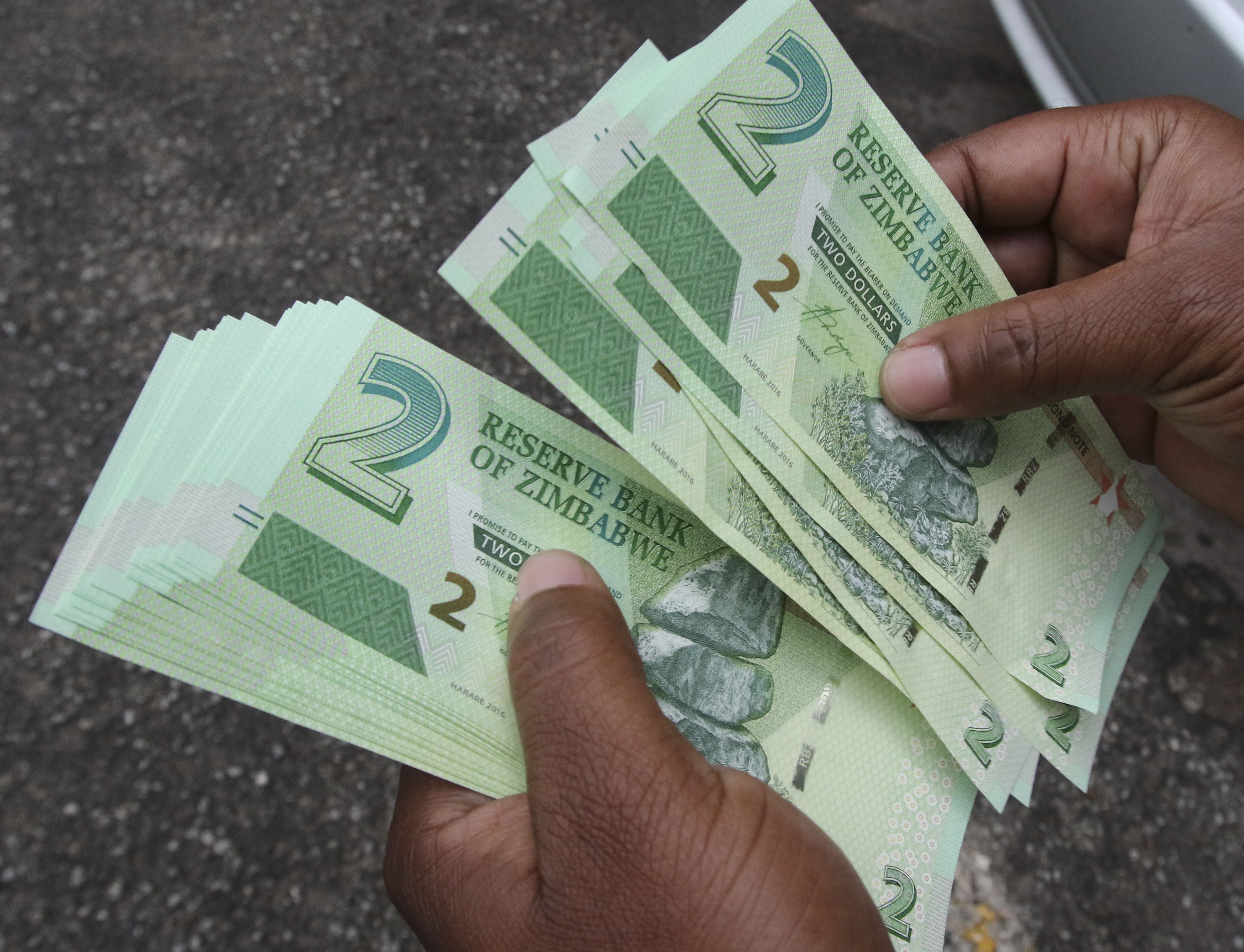Government wants to maintain stable exchange rates and increase the availability of fuel and electricity as part of efforts to achieve 3 percent economic growth this year.
Improving commodity prices for major exports, especially the gold price which rose to US$1 545,50 a troy ounce (just under US$50 a gramme) yesterday, are also primed to spur economic growth by boosting export earnings.
The exchange rate has achieved a high level of stability over the last 15 weeks since the start of October last year.
While agriculture may be affected by poor rains this season, the situation was unlikely to be worse than last year.
Finance and Economic Development Minister Professor Mthuli Ncube, in a wide ranging interview on Monday night, said funds have been set aside to ensure power imports.
He said plans were in place to license more independent power producers to generate electricity through solar and coal to end load-shedding.
Zimbabwe has endured load-shedding since last year after the regional drought reduced upper Zambezi flows, thus keeping water levels low in Kariba Dam, and decades-long failure to refurbish thermal power stations, especially the giant Hwange Thermal.
While efforts have been made to prioritise industry when rationing electricity, manufacturers have been forced to resort to expensive diesel and petrol generators more frequently than they desire.
Experts generally agree that improved fuel and power supplies will ease the transition to economic growth.
Said Prof Ncube: “In terms of prospects for this year, our expectation is that the economy will perform better than last year and we expect growth of 3 percent in terms of GDP growth. You have seen the forecast from the World Bank at 2,7 percent in terms of GDP growth and the IMF (International Monetary Fund) forecast is just below 2 percent. So there is some positive growth if one were to put all of those together, including our own 3 percent GDP growth rate.”
He hoped Zimbabwe will not experience shocks of the magnitude of Cyclone Idai, which devastated human lives, crops, livestock and infrastructure in Manicaland and Masvingo provinces. This piled pressure on Government to allocate more resources for the provision of food to affected areas, and other parts of Zimbabwe that did not get good harvests from the prior cropping season. We are hopeful that God will smile at us and we don’t get another cyclone.”






